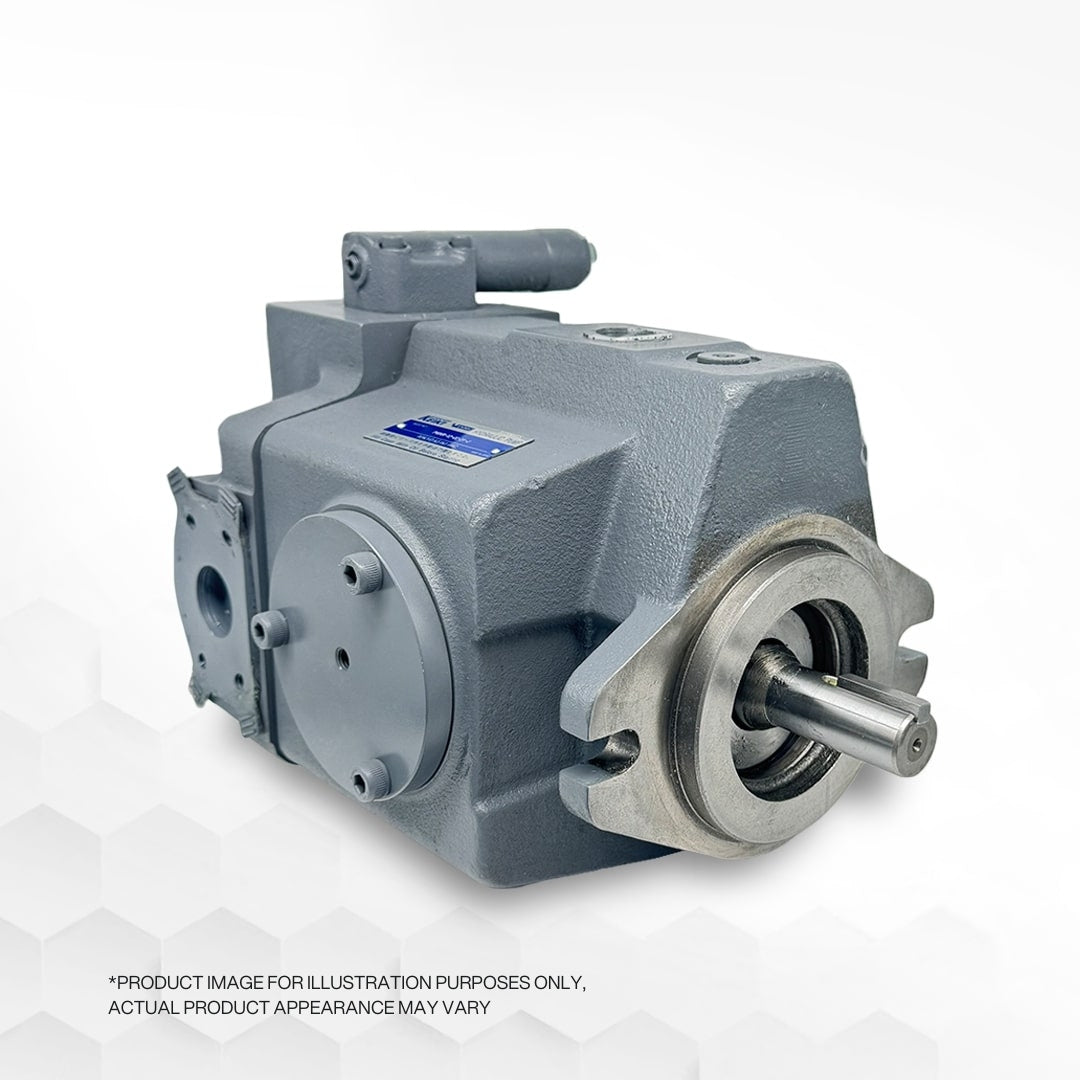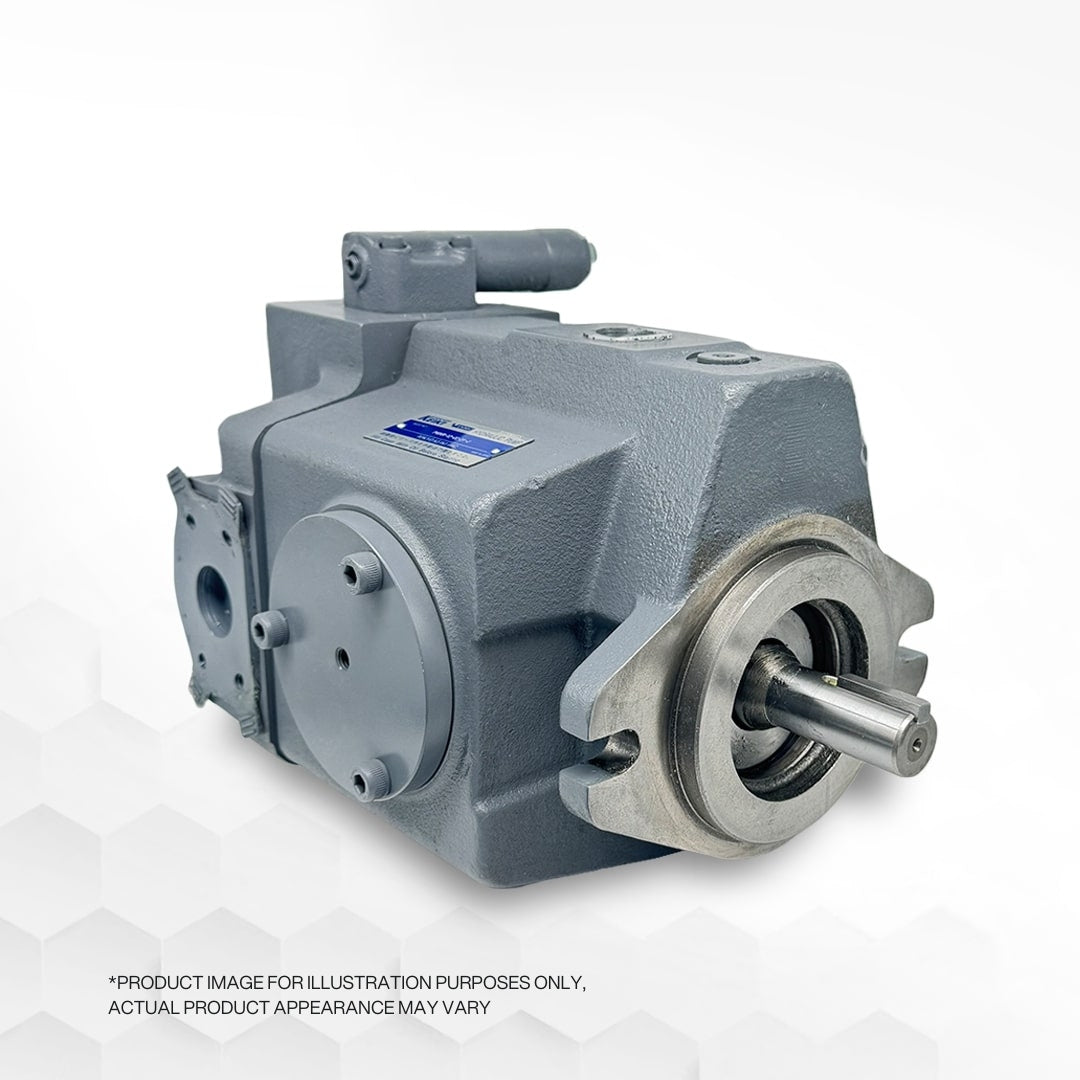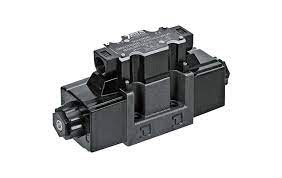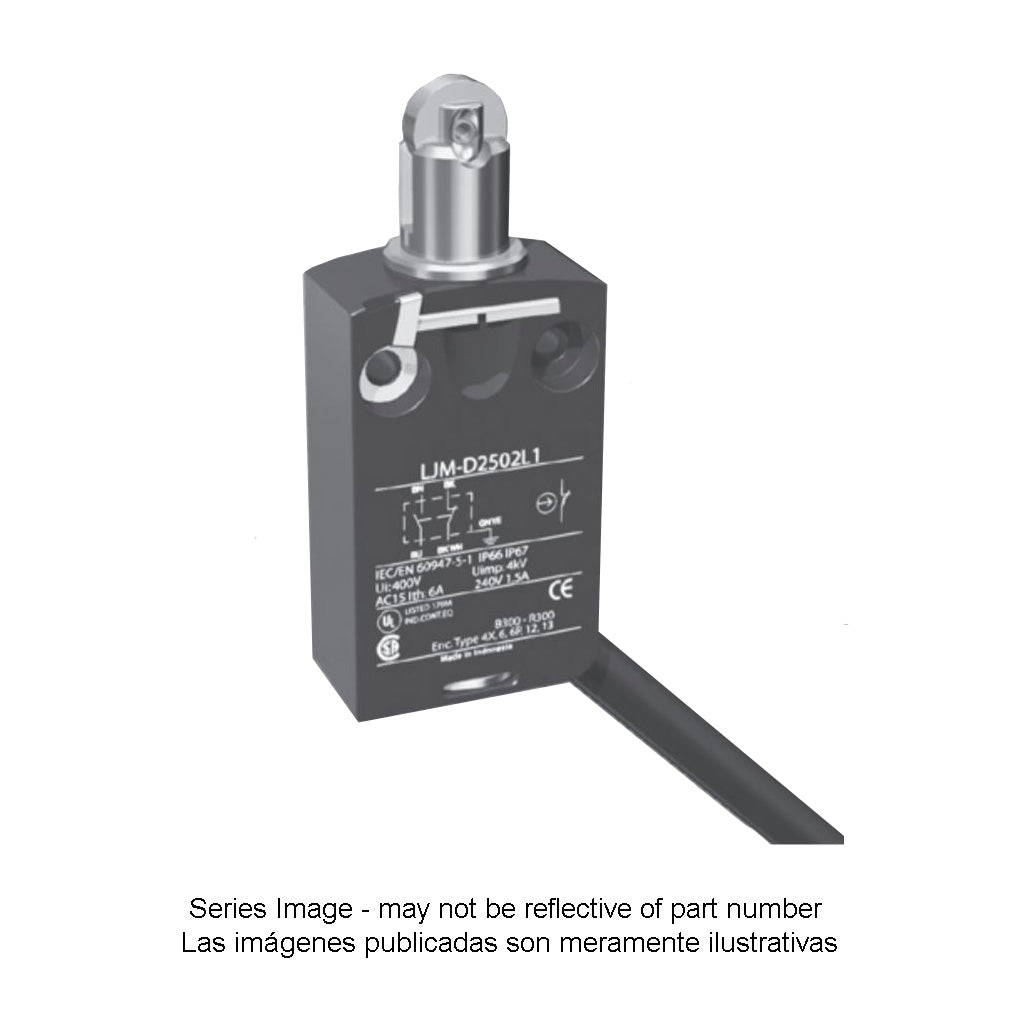
Know the operating temperature when selecting hydraulic fluid
Viscosity stands as the most crucial property of any lubricant and must be appropriately matched to the temperatures and pressures anticipated in a given application. Typically, low-viscosity oils are suitable for high-speed operations, low-temperature environments, and low-pressure loads. Conversely, high-viscosity oils are well-suited for slow-speed operations, high-temperature conditions, and high-pressure loads.
When selecting hydraulic fluid, it is essential to consider the following criteria:
- The expected range of operating temperatures.
- Available means of temperature control.
- Fluid's physical properties at anticipated temperature levels, taking potential fire hazards into account.
Thermal stress can significantly impact fluid stability, leading to changes in viscosity and the formation of volatile components, insoluble materials, and corrosive deposits.
Incorrect temperature conditions can cause various issues:
- High fluid viscosity in lower temperatures can result in pump inlet problems, sluggish response of actuators, power loss in transmission, and increased weight due to larger line sizes.
- Low fluid viscosity in higher temperatures can cause internal leakage and slippage in pumps, actuators, and valves.
Fluid compressibility increases with pressure and temperature, leading to a loss of volume output from pumps and affecting system response in control systems.
For different hydraulic system scenarios, the following solutions are recommended:
- Low power level systems (pressure of 1,000 psi or less and flow of 5 GPM or less) generally do not require special cooling equipment.
- Large high power level systems operating in relatively warm ambient temperatures may need heat exchangers to maintain fluid temperatures below upper limits of 135° C.
- For hydraulic systems operating between -40 to 100° C with a maximum range of -54 to 135° C, mineral-based hydraulic fluids are suitable.
- For applications with higher operating temperatures, it is advisable to use fire-resistant synthetic hydraulic fluids.








